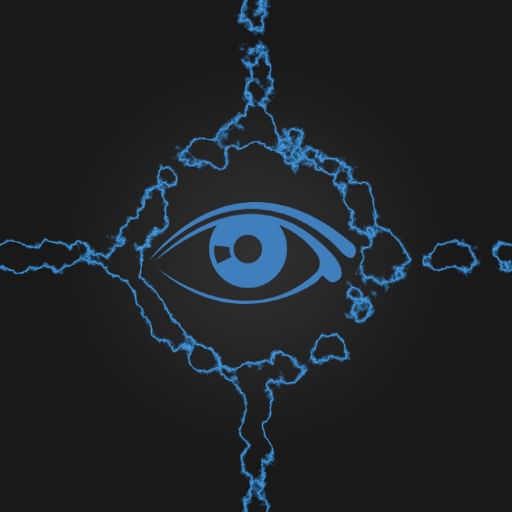
It is because of the child that they are so gentle with children," at those moments in the story, the debate comes alive for me. When the cellar child pleads with us, when Le Guin writes "It is the existence of the child, and their knowledge of its existence, that makes possible the.poignancy of their music. And Le Guin, as a fiction writer, captures what's at stake in this debate more successfully than any professional philosopher I've ever read. This is at base the debate between Kant and Mill. So one reason Omelas resonates with me: I'm trying to play around with narration in Once We Were Bears and I adore Le Guin's breaking-the-rules narrator.Ĭlearly, another reason I would like Omelas is that Le Guin is asking a very core philosophical question: should the happiness of many be sought after, even if that requires the misery of a few.

If I've done my work well, readers will feel a kinship to One Potato, even though really all she does is sit in her hill telling stories to her spudlets. (An aside, I usually hate the fourth wall being broken, but, I think because this is a parable, it works here.) My main narrator is a sentient potato, and so her voice has to be, well, potato-y.

Neither of them are protagonists or even minor actors in their stories, yet both are fleshy characters (at least I hope One Potato is fleshy.tee hee.) I think Le Guin's narrator feels so real to me because of the particularity and forcefulness of her voice, and because she directly confronts the reader, telling us we have to help her envision the utopian nature of Omelas. Le Guin's narrator is somewhat similar to the overarching narrator of my WIP. (To entice you away, know this: it is short it is powerful it is creepy.) Here. If you're not familiar with the story, read it now and see what you think. What I love about Omelas is that tho' the narrator does not take part in any of the action of the story, she is for me the one fully formed character in it. Third omniscient seems closer, but the narrator isn't all-knowing, her ability to tell/create the story is limited and she knows it. It doesn't quite seem to be third person objective, because the narrator doesn't feel neutral to me.


I'm not even sure how to classify the point of view in the story. Partly it's been on my mind because I assigned it to my "Telling the Story Queer" class as a nice example of a story with an unconventional narrator. Le Guin's short story, The Ones Who Walk Away from Omelas. Lately, I've been thinking a lot about Ursula K.


 0 kommentar(er)
0 kommentar(er)
